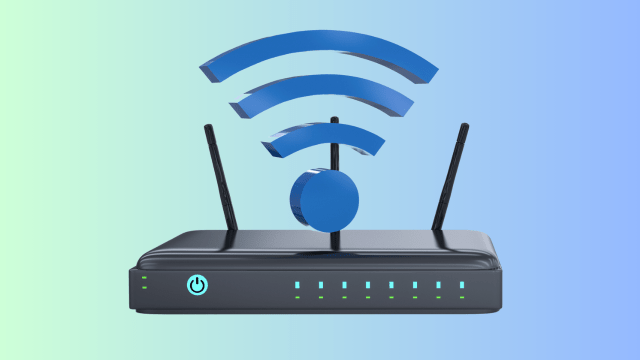Have you ever thought about where the term Wi-Fi comes from? Most people would logically assume it’s a shortened version of some highly technical description for the tech that allowed computers to access the internet wirelessly. But those people would be wrong.
The term Wi-Fi isn’t an abbreviated version of wireless fidelity, as many people believe. Wi-Fi is a pun on Hi-Fi, which was coined in the 1950s by audio equipment manufacturers as a shortened version of “high fidelity.” But there’s no such thing as wireless fidelity. It’s just a snappy name invented by marketers.
TikTok account That’s Pretty Cool, which regularly shares different fun facts, recently made a short video about the origins of wi-fi and, as Huffpost UK notes, the comments in that TikTok indicate many people were surprised. Other commenters said they didn’t like the term when it first came out, which will be a familiar sentiment to anyone who remembers the backlash against “podcast” in the 2000s and iPad in the 2010s.
The idea that Wi-Fi actually means “wireless fidelity” has been circulating on the internet since at least 2005, when Cory Doctorow of Boing Boing debunked that myth. In reality, the term was created by the marketing firm Interbrand, which also came up with the brand names for the anti-depressant Prozac and the computer company Compaq.
“The technical term was IEEE 802.11, but that just wouldn’t do,” Interbrand explains on its website. “The name had to be memorable—something universal you could find in your home, the office, a coffee shop, or on public transit and something that helped consumers intuitively understand the concept.”
They landed on Wi-Fi, playing off the term Hi-Fi, which everyone was already well familiar with by the late 1990s. There was actually a movie in 2000 called High Fidelity starring John Cusack, who plays a music-obsessive who owns a record store.
But even though it doesn’t inherently mean anything, the branding was incredibly successful at communicating the idea that you could get wireless internet without any kind of cable, a radical idea for most Americans consumers of the 1990s who were just starting to get online in a major way.
“The name reflects that, even without cables, Wi-Fi delivers a high-quality, lossless connection wherever you go,” Interbrand writes. “Since its launch, Wi-Fi has become globally synonymous with wireless accessibility anywhere. It’s seamlessly entered into languages across the globe —whenever you need wireless internet, you ask for Wi-Fi.”
